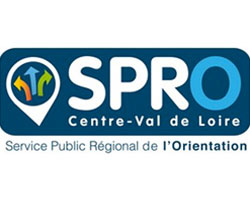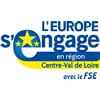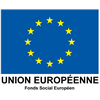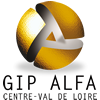Mon espace
Si vous souhaitez mettre à jour les données concernant votre organisme de formation
Cliquez ici
Cliquez ici
Formulaire de connexion
Mon espace
Si vous souhaitez mettre à jour les données concernant votre organisme de formation
Cliquez ici
Cliquez ici


















